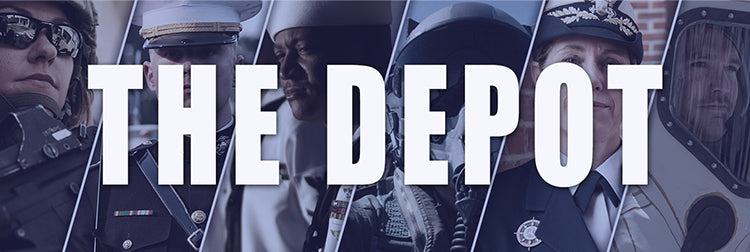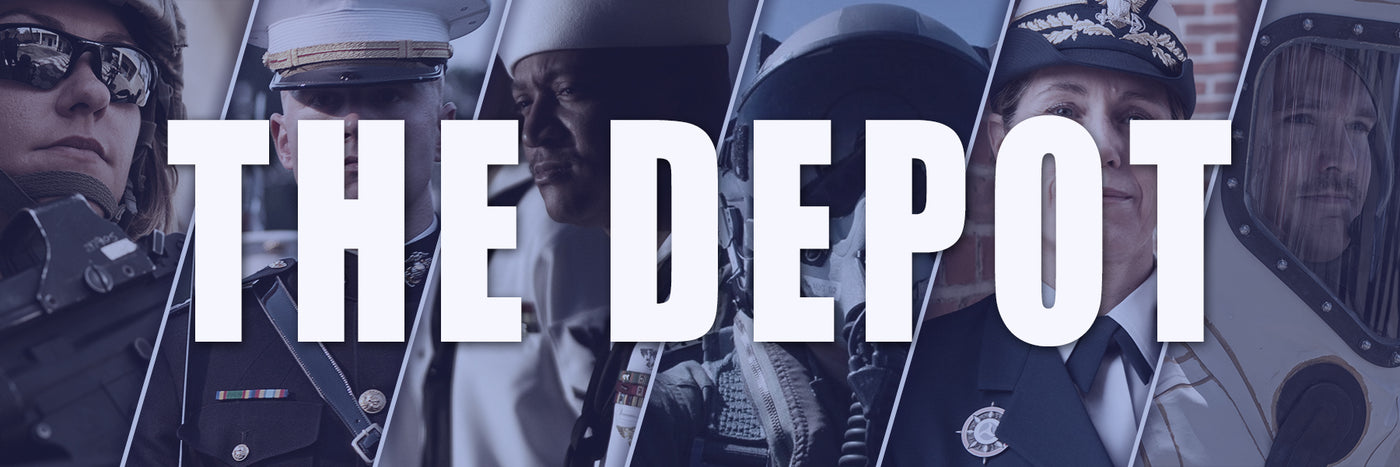
How to Become an Officer in the Army
Are you ready to start your military career or take it to the next level? Discover how to become an officer in the Army and achieve your goals with our...
Blog Staff |
ARMED FORCES SUPER STORE 1-877-653-9577 | 8 - 7 CST MON-FRI



Are you ready to start your military career or take it to the next level? Discover how to become an officer in the Army and achieve your goals with our...
Blog Staff |